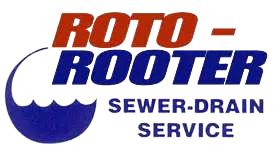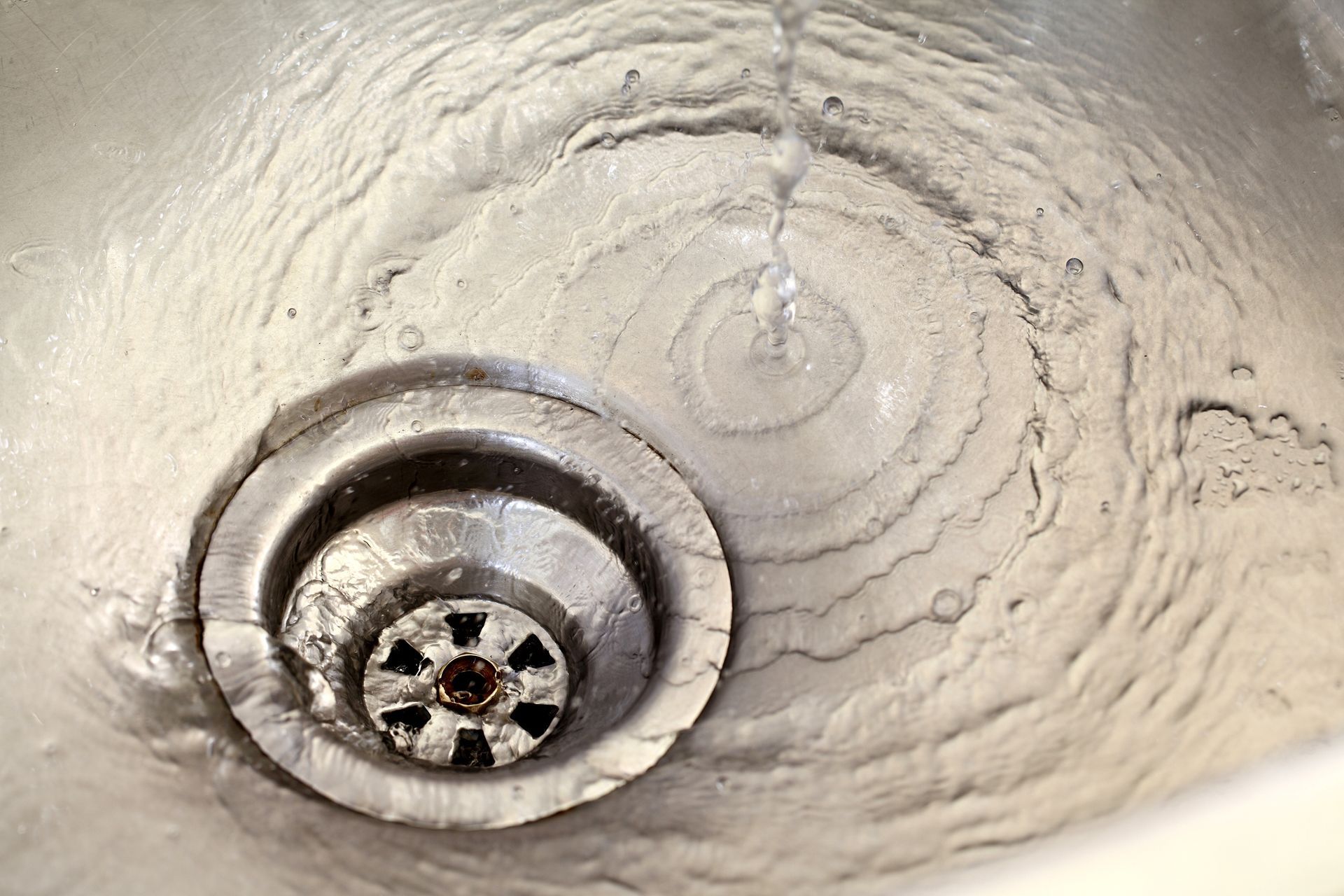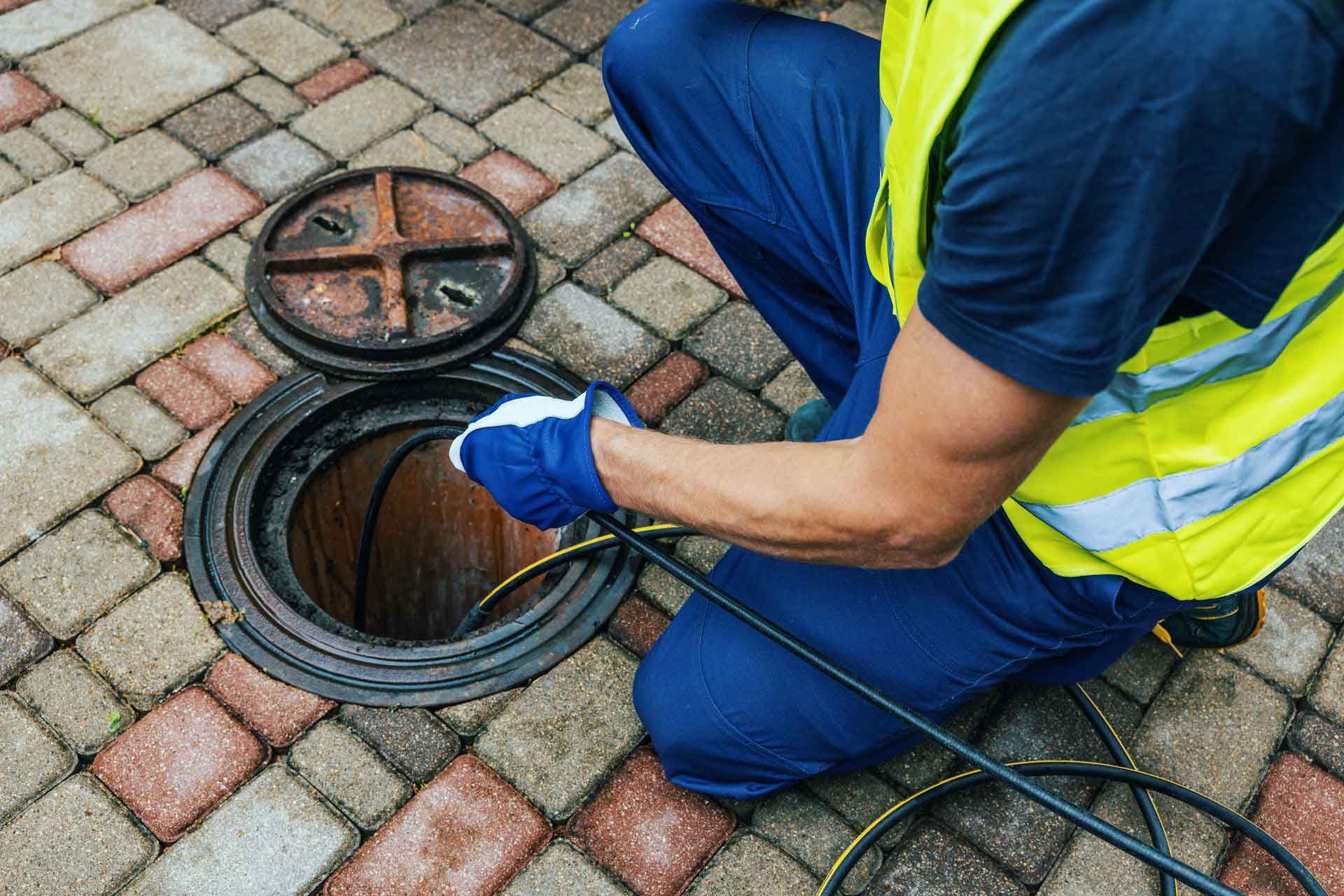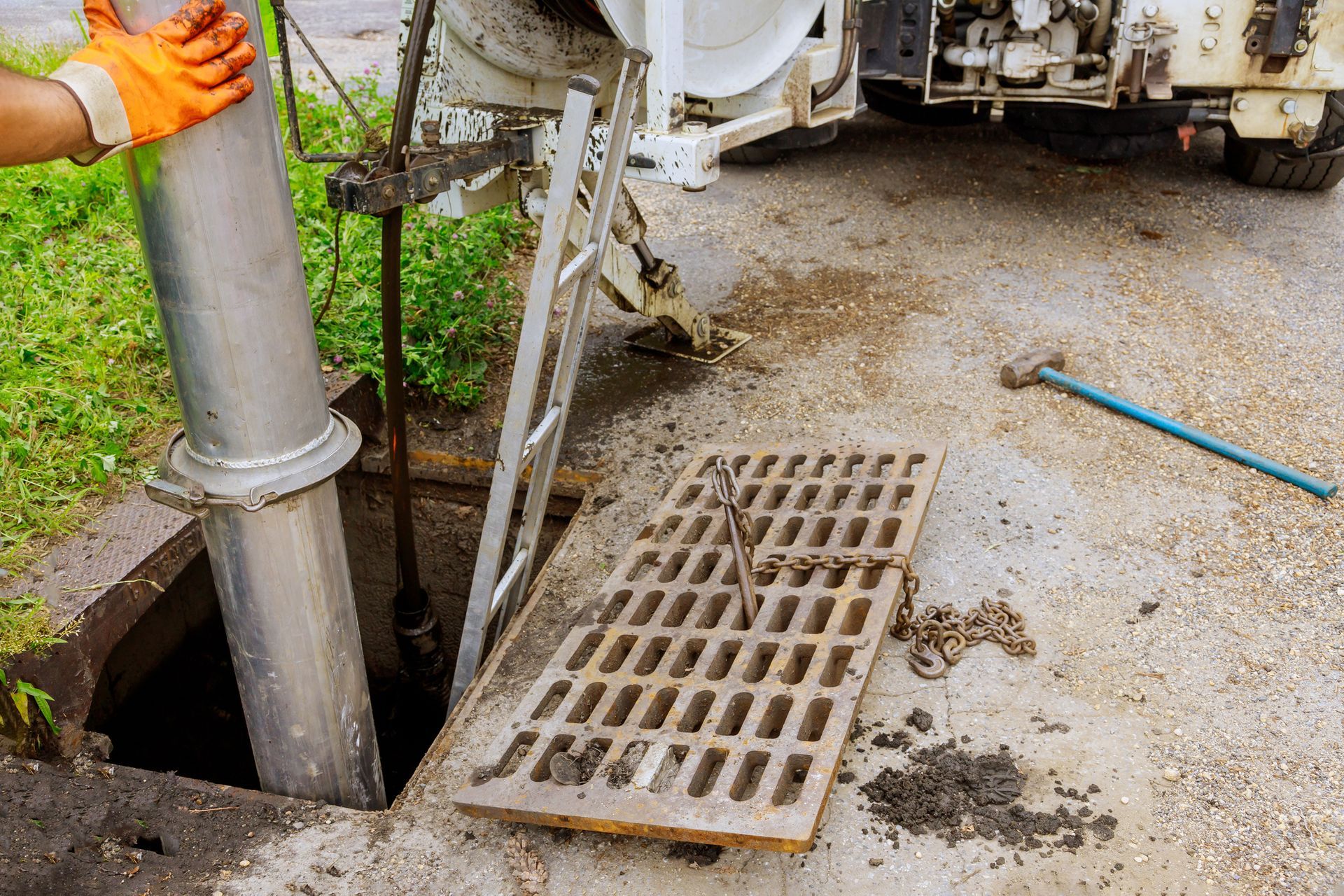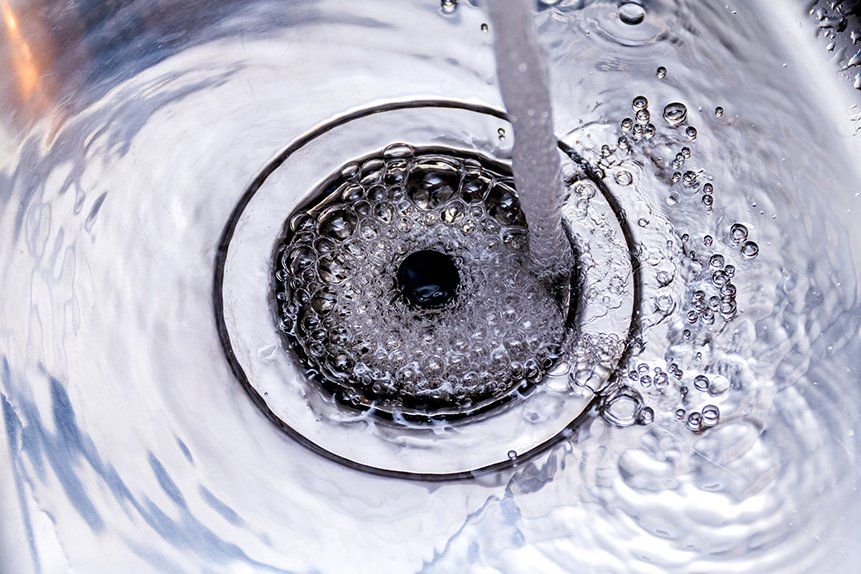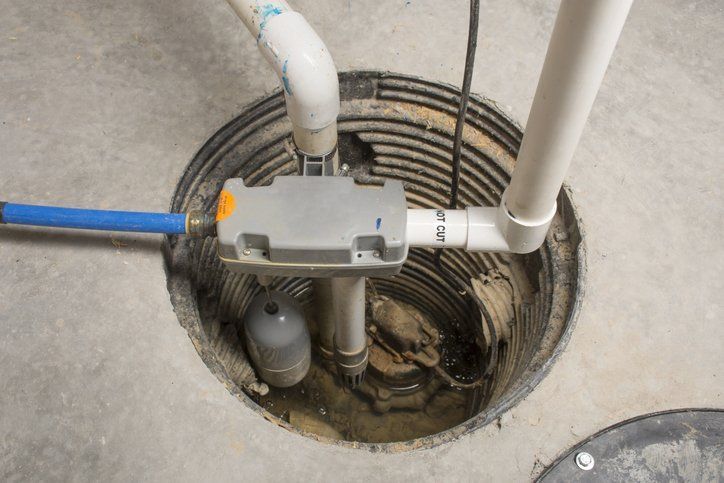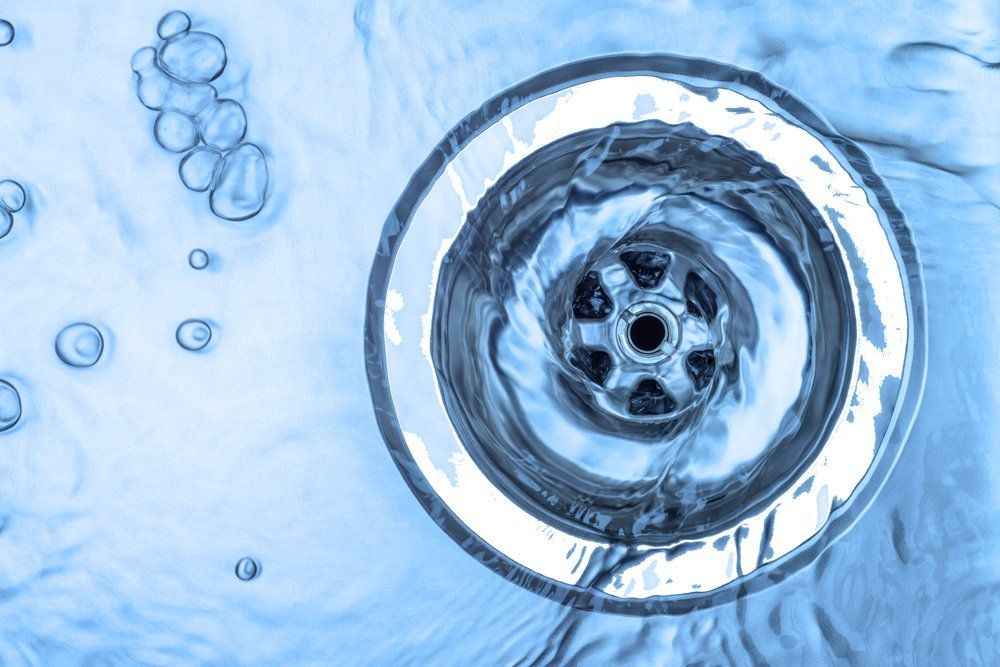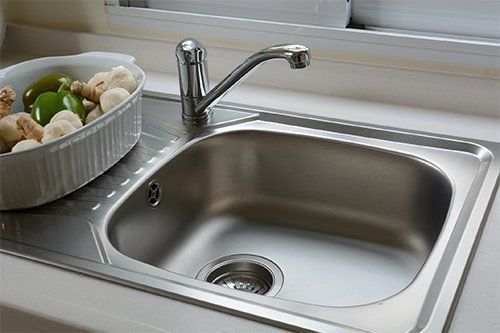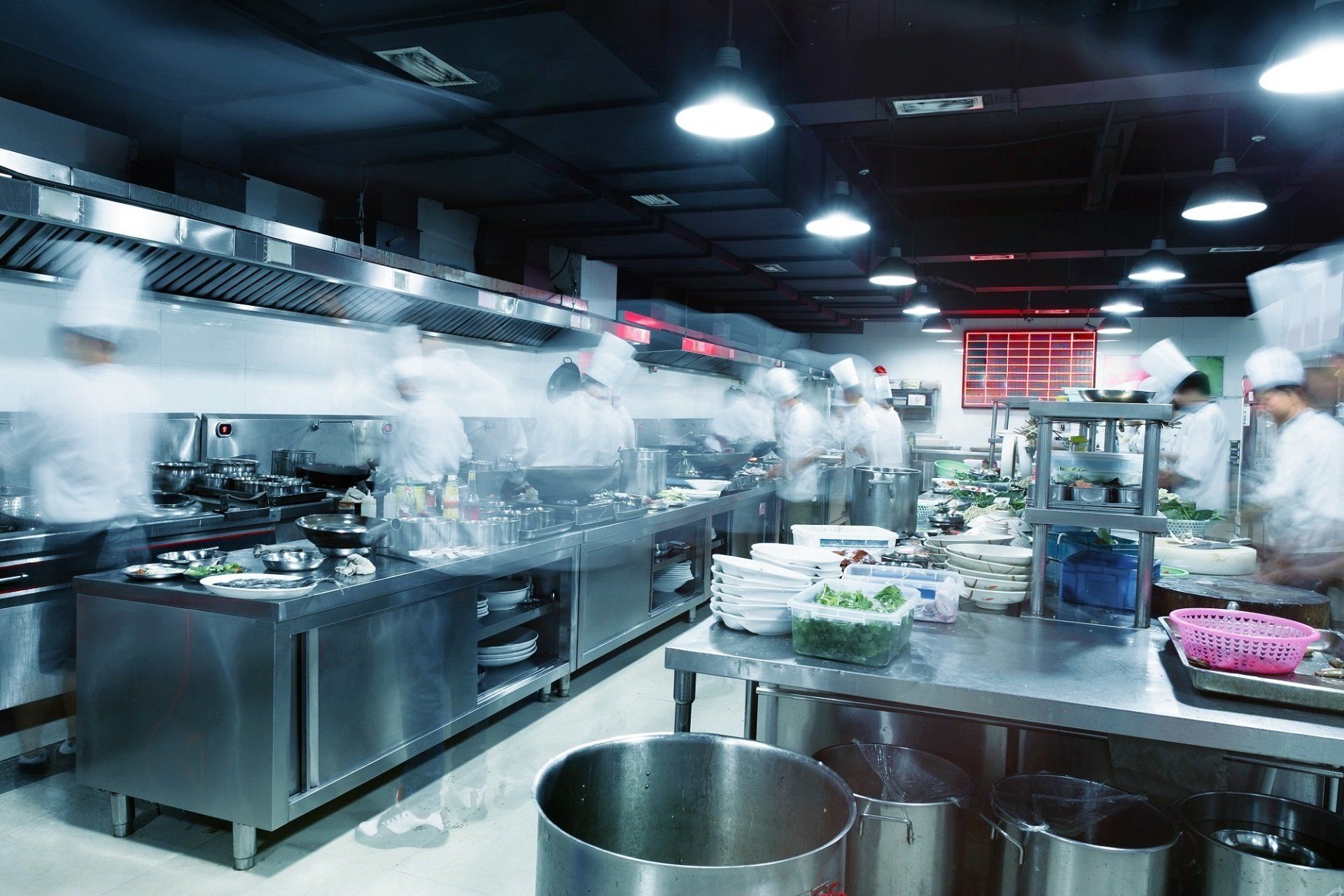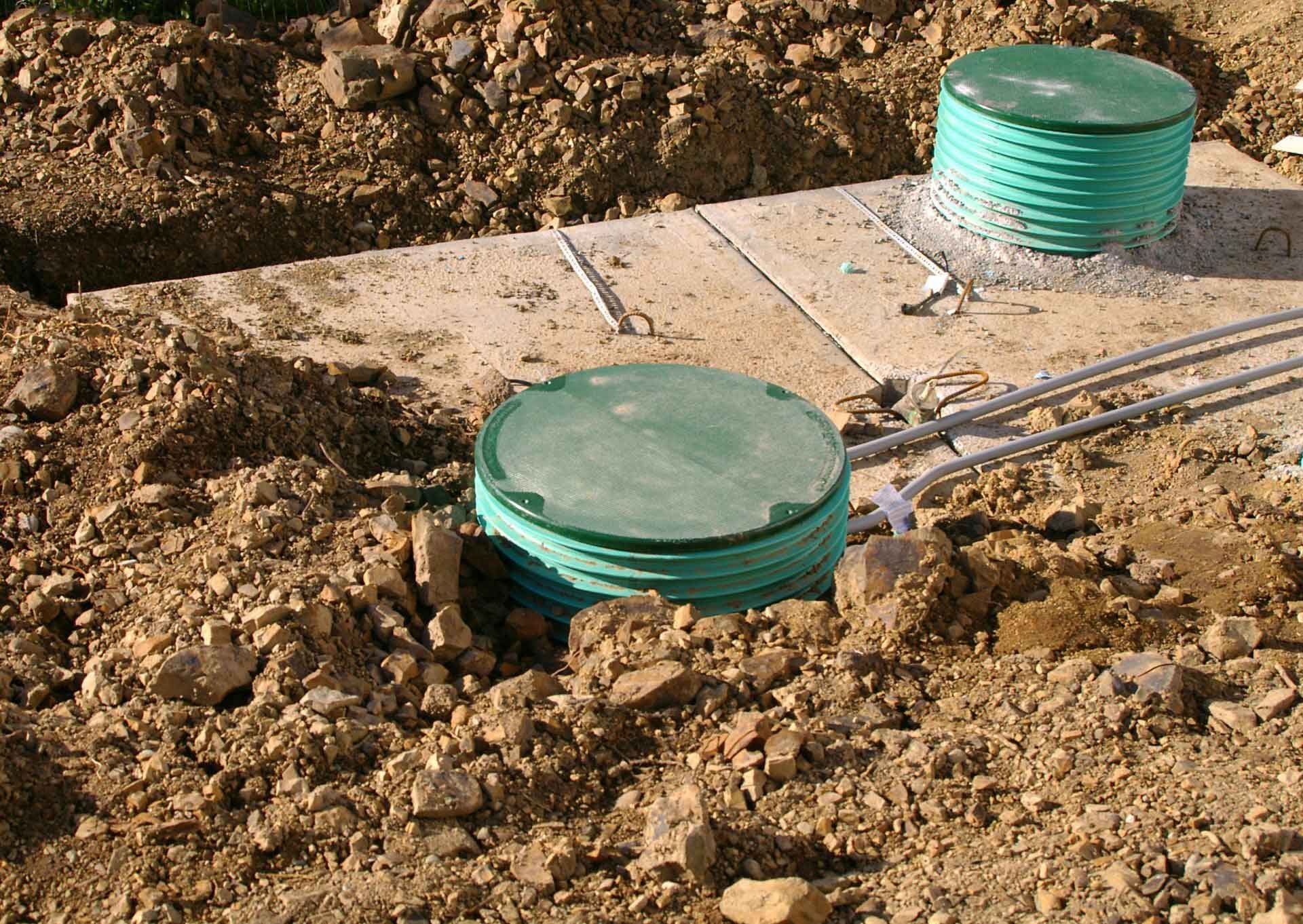Tips To Improve Water Flow In Pool Plumbing
Admin • September 8, 2019
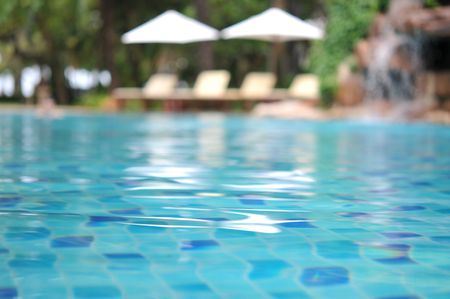
Water flow affects pool performance in a number of important ways. Here are several tips to keep your pool's plumbing components in good shape.
Understand How to Spot a Water Flow Issue
When your pool's plumbing is clogged or the pool water flow is inadequate, various components of the pool are affected. Signs of low water flow in pool plumbing may involve weird noises, strange-looking water, or loads of air bubbles in the pool water.
A gas-fired pool heater may begin producing a loud banging noise when water flow to the heater is restricted. Pool water may also become murky. Cascades of air bubbles may appear in the pool strainer or start flowing from the pool jets. The plumbing water pressure may be too low or too high when you check the gauges at each of the pool filters.
Low water flow in pool plumbing lowers performance of the following pool features:
- Jet pressure
- Pump strainer
- Water clarity
- Pool heater
- Pool pump
- Pool pipes
If you're having issues with any of the above pool features, your pool may have a water flow issue. Water flow problems are serious and may lead to failing heaters, pumps, and other pool features.
Attempt to Resolve the Issue When Possible
Clogs in pool plumbing cause a large number of water flow issues. Check the baskets on all filters for built-up leaves and debris. Thoroughly clean the drain and skimmer filters and look over the filters to see if the components fit securely in the filter holders. There should be no gaps around the edges of filters where they meet the openings of drains or skimmers.
Check for cracks and holes in filters. When surface skimmer filters are cracked or broken, leaves and twigs enter pool pipes and clog the pipes and/or pump impellers. If you still have water flow issues after you clean the filters, drains, and surface skimmers, the pool pipes or pump may have clogs.
Check the pool's water level next. Your pool's water level must cover the inlet ports of surface pool skimmers or the skimmers pull air into the pool pipes. Fill your pool to the proper level to address skimmer-related air issues.
Check settings on spas, heaters, pumps, and other pool components to ensure no flow-restricting switch has been activated. Inspect the plumbing valve for the heater-bypass pipes to ensure the bypass mode has not been engaged.
Know When to Call in the Experts
If you suspect your pool's pipes are clogged, call in a pipe-clearing expert to clean the debris from the water system. DIY pressure-cleaning attempts can damage and disconnect pool pipes. Expert pool-line cleaners have specialty tools that gently remove blockages from pool pipes.
Never attempt to use a sewer snake to push debris out of your pool plumbing system. A sewer snake can introduce hazardous bacteria into the pool water system, and no pool owner wants to spread diseases in their pool.
Sewer snakes can also easily dislodge and break the 90-degree elbows in pool plumbing connections. Normal household sewage lines can handle a plumbing snake because the 90-degree connections are curved rather than angled.
If your pool's jet pump is clogged, you must turn off all power to the pump before you attempt to service the appliance. If the pump has a broken or clogged impeller, contact a pump-service professional to ensure the pump is repaired and/or cleaned safely and properly.
Qualified professionals should service pumps for pool heaters. The experts check components including the refrigerant, gas lines, water-pressure switch, and temperature-pressure switch when they inspect pool heaters to ensure your pool's heater is safe and operating at peak performance.
Call us to clean your clogged pool lines today! Contact us at Roto-Rooter!
